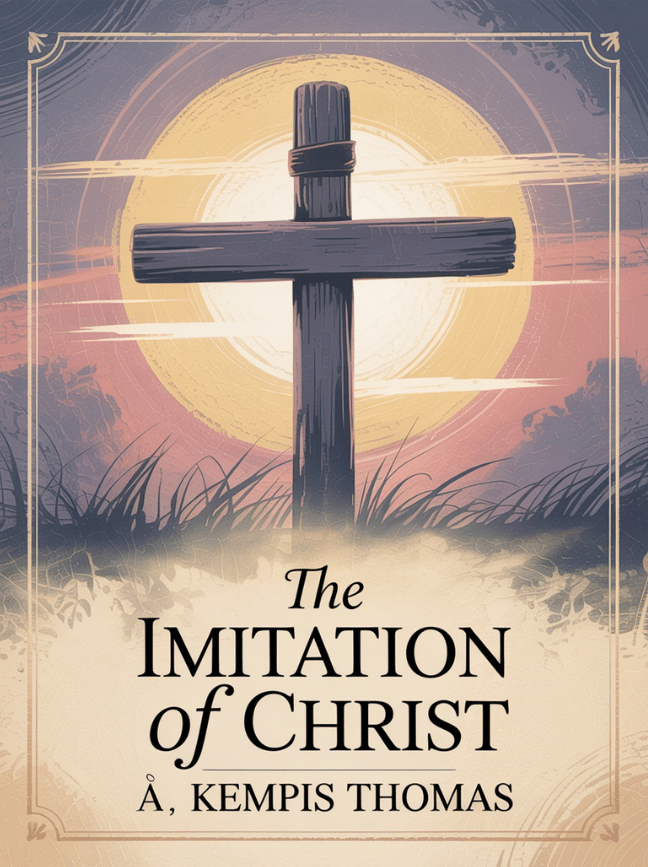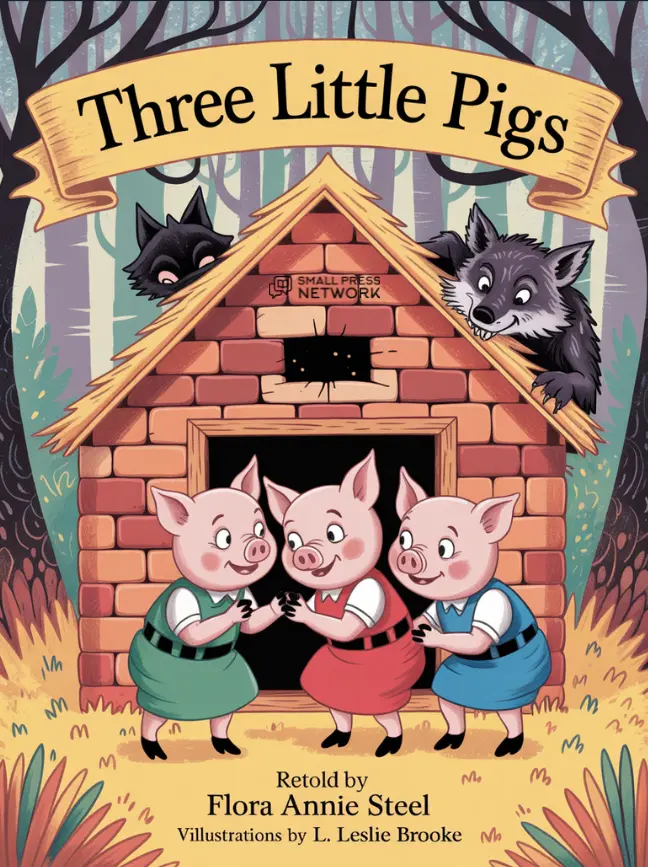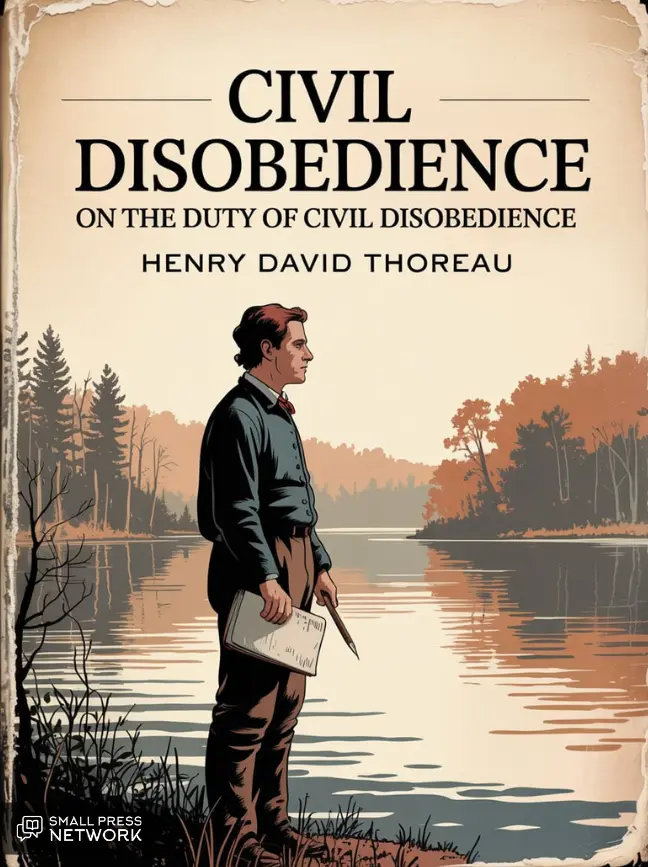6
CHAPTER 3. OF THE KNOWLEDGE OF TRUTH
Happy is the man whom Truth by itself doth teach, not by figures and transient words, but as it is in itself. 1 Our own judgment and feelings often deceive us, and we discern but little of the truth. What doth it profit to argue about hidden and dark things, concerning which we shall not be even reproved in the judgment, because we knew them not? Oh, grievous folly, to neglect the things which are profitable and necessary, and to give our minds to things which are curious and hurtful! Having eyes, we see not.
2. And what have we to do with talk about genus and species! He to whom the Eternal Word speaketh is free from multiplied questionings.
From this One Word are all things, and all things speak of Him; and this is the Beginning which also speaketh unto us. 2 No man without Him understandeth or rightly judgeth. The man to whom all things are one, who bringeth all things to one, who seeth all things in one, he is able to remain steadfast of spirit, and at rest in God. O God, who art the Truth, make me one with Thee in everlasting love. It wearieth me oftentimes to read and listen to many things; in Thee is all that I wish for and desire.
Let all the doctors hold their peace; let all creation keep silence before Thee: speak Thou alone to me.
3. The more a man hath unity and simplicity in himself, the more things and the deeper things he understandeth; and that without labour, because he receiveth the light of understanding from above. The spirit which is pure, sincere, and steadfast, is not distracted though it hath many works to do, because it doth all things to the honour of God, and striveth to be free from all thoughts of self-seeking. Who is so full of hindrance and annoyance to thee as thine own undisciplined heart? A man who is good and devout arrangeth beforehand within his own heart the works which he hath to do abroad; and so is not drawn away by the desires of his evil will, but subjecteth everything to the judgment of right reason. Who hath a harder battle to fight than he who striveth for self- mastery? And this should be our endeavour, even to master self, and thus daily to grow stronger than self, and go on unto perfection.
1 Psalm xciv. 12; Numbers xii. 8.
2 John viii. 25 (Vulg.).
7
4. All perfection hath some imperfection joined to it in this life, and all our power of sight is not without some darkness. A lowly knowledge of thyself is a surer way to God than the deep searching of man's learning.
Not that learning is to be blamed, nor the taking account of anything that is good; but a good conscience and a holy life is better than all. And because many seek knowledge rather than good living, therefore they go astray, and bear little or no fruit.
5. O if they would give that diligence to the rooting out of vice and the planting of virtue which they give unto vain questionings: there had not been so many evil doings and stumbling-blocks among the laity, nor such ill living among houses of religion. Of a surety, at the Day of Judgment it will be demanded of us, not what we have read, but what we have done; not how well we have spoken, but how holily we have lived.
Tell me, where now are all those masters and teachers, whom thou knewest well, whilst they were yet with you, and flourished in learning?
Their stalls are now filled by others, who perhaps never have one thought concerning them. Whilst they lived they seemed to be somewhat, but now no one speaks of them.
6. Oh how quickly passeth the glory of the world away! Would that their life and knowledge had agreed together! For then would they have read and inquired unto good purpose. How many perish through empty learning in this world, who care little for serving God. And because they love to be great more than to be humble, therefore they "have become vain in their imaginations." He only is truly great, who hath great charity. He is truly great who deemeth himself small, and counteth all height of honour as nothing. He is the truly wise man, who counteth all earthly things as dung that he may win Christ. And he is the truly learned man, who doeth the will of God, and forsaketh his own will.





